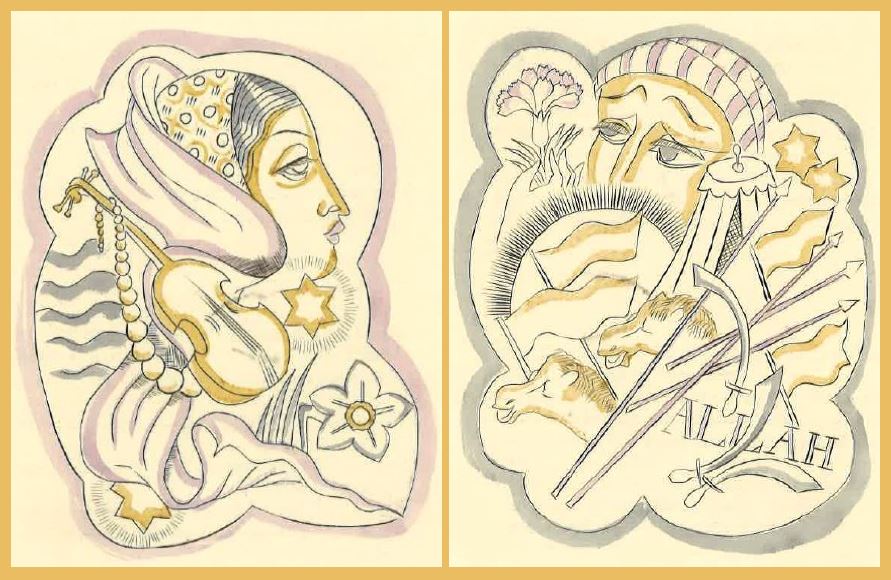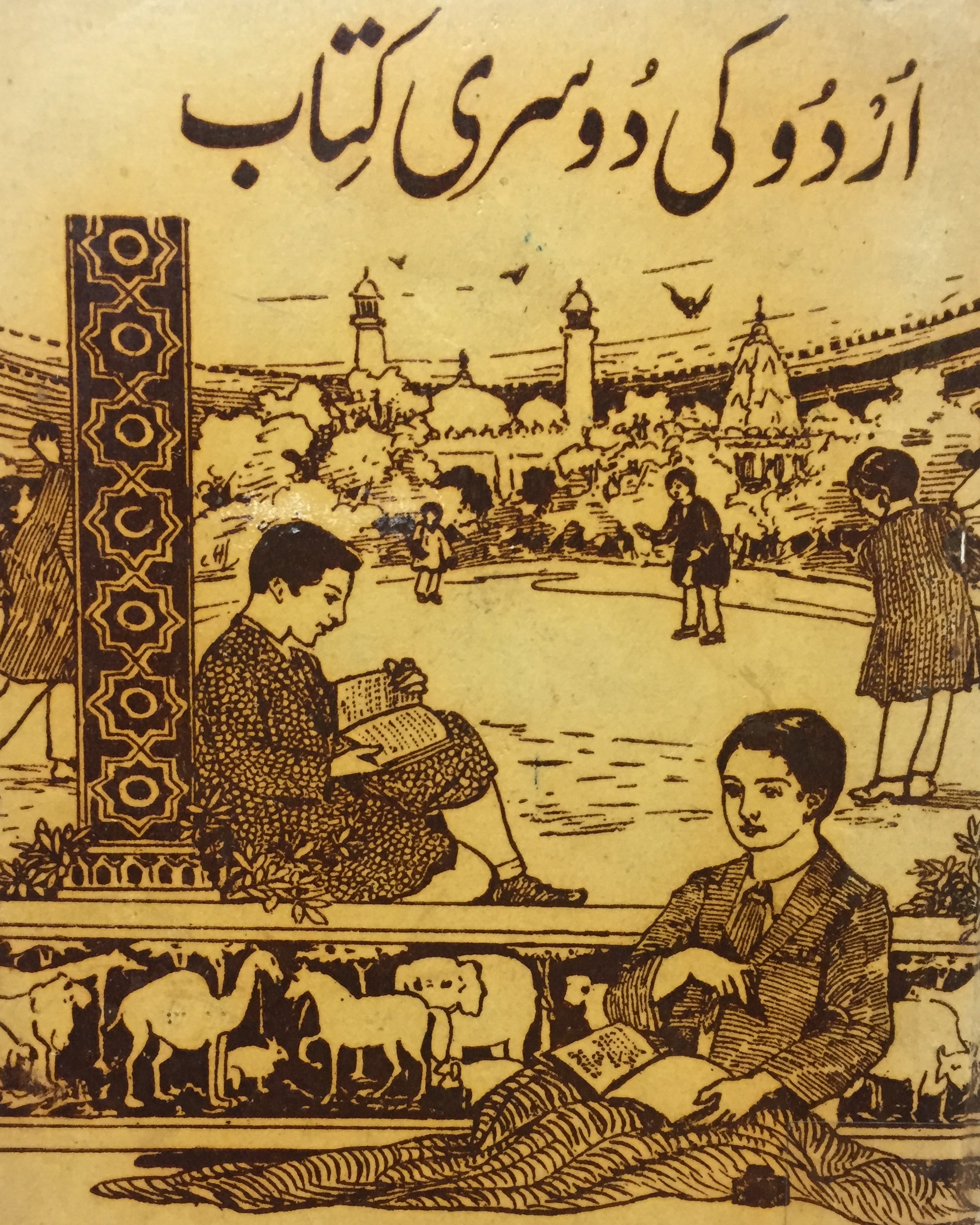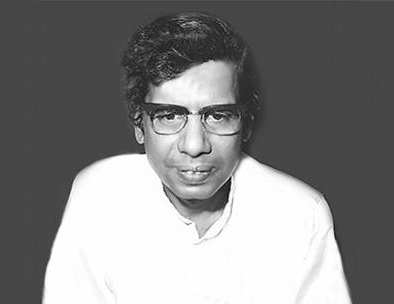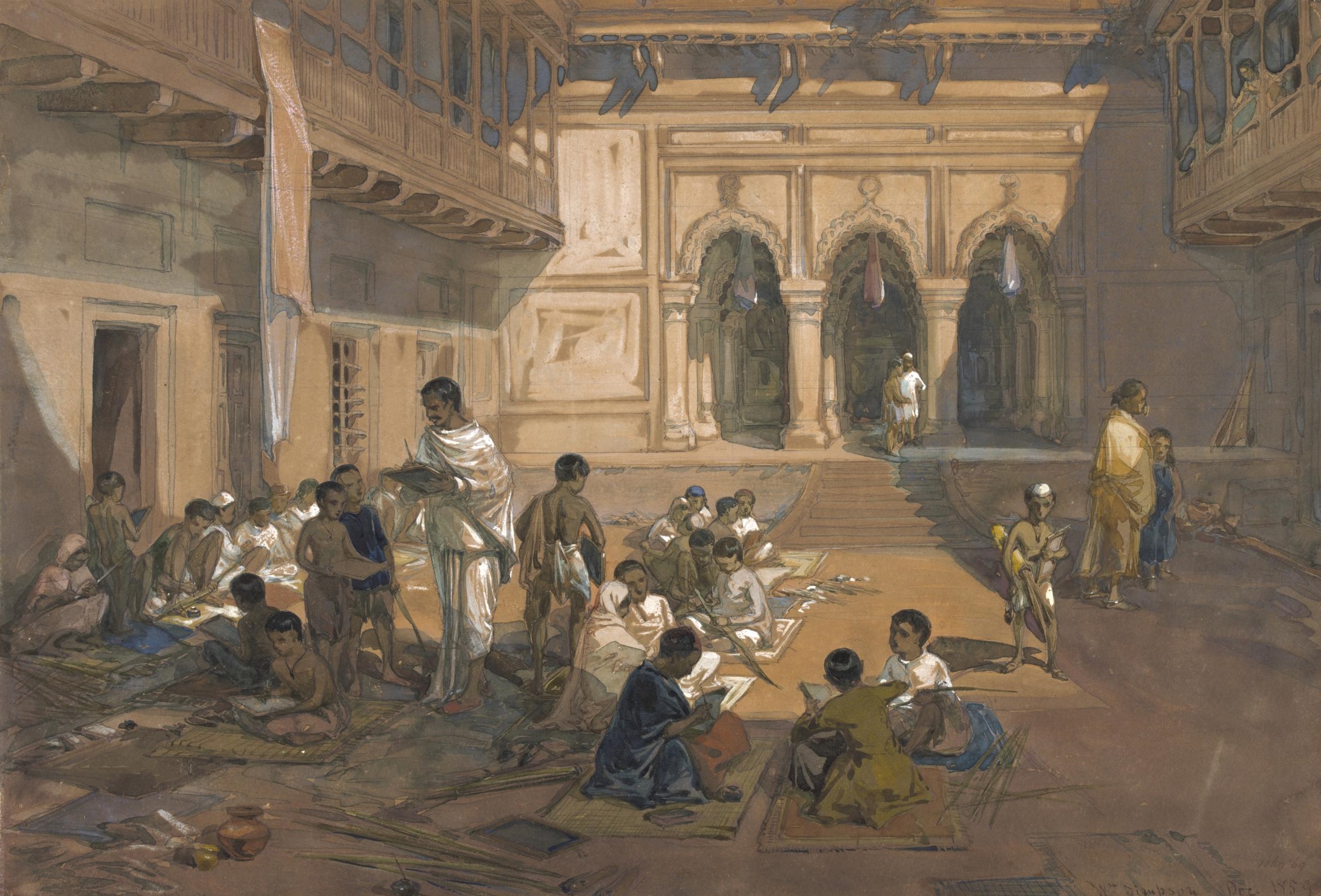Colonialism
Approaching colonialism from the perspective of pre-colonial literary multilingualism allows us to see it as intervening into already dynamic fields rather than making tabula rasa. In each case we noticed that genres other than the novel were locally important, like satirical sketches, journals, poetry, or Sufi literature. Despite colonial education policies that allegedly created individuals literate in either one language or the other, we see the emergence of new multilingual actors, and a gap between new ideas of language and literature and less exclusive tastes and practices.
Re-imagining Histories through Farthest Field: An Indian Story of the Second World War (Raghu Karnad)
Are nations created by their histories? Raghu Karnad's book 'Farthest Field' problematizes British and Indian memorialisations of WWII.
MULOSIGE Syllabus: Colonialism, a multilingual local and its significant geographies
By taking multilingualism seriously, this course traces the trajectories of literature under colonialism and challenges simple models of world literature.
MULOSIGE Syllabus: ‘Reading together’ Literary Texts in Multilingual Contexts
This course attempts to break down common reading practices from three multilingual contexts: Morocco, North India and the Horn of Africa.
Making the child ‘sharīf’ in Urdu textbooks – Muslim, yet not Islamic
Sumaira Nawaz reflects on Urdu educational texts in colonial North India and how they informed new sensibilities and identities across religious divides
Discovering eco-criticism in Hindi: Renu’s Tale of a barren land
In an ecocritical reading of Hindi author Phaniswarnath Renu, Amul Gyawali explores the dichotomies in his writing: state-society, centre-periphery and, crucially, man-nature
MULOSIGE Syllabus: Comparative Colonial Pedagogies
MULOSIGE's first course illustrates both shared and divergent trajectories in colonial education in the Maghreb and North India.







